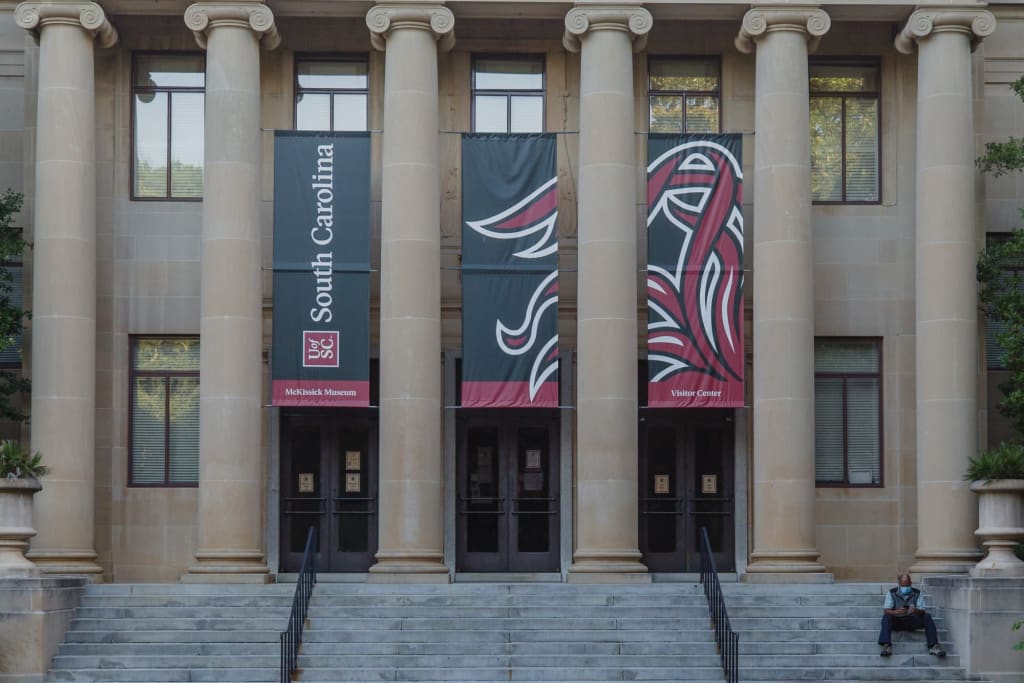Tenure, a long-standing tradition in academia that provides job security to professors, is currently under attack nationwide as colleges and universities grapple with financial pressures and changing priorities. Tenure, which is typically granted to professors after a probationary period and is intended to protect academic freedom, is facing increased scrutiny and criticism from some quarters.
The main argument against tenure is that it can make it difficult for institutions to dismiss underperforming or problematic faculty members. Critics argue that tenure creates a culture of complacency and job security that can result in professors becoming less motivated and engaged in their work. In addition, tenure can make it difficult for colleges and universities to adapt to changing academic needs and to respond quickly to economic challenges.
Another criticism of tenure is that it can create barriers to promoting diversity and inclusion within the academic workforce. Tenure-track positions are often dominated by white males, and some argue that the tenure system can perpetuate this lack of diversity by creating barriers to entry for women and minority faculty members.
In response to these criticisms, some colleges and universities are implementing changes to their tenure policies. For example, some institutions are moving away from the traditional tenure system and implementing alternative models that offer more flexibility and accountability. These new models may include longer probationary periods, performance-based evaluations, and post-tenure reviews.
In addition to internal pressures, tenure is also facing external threats from lawmakers and policymakers. Some states have introduced legislation that would weaken or eliminate tenure protections for faculty members at public institutions. These proposals are often framed as cost-saving measures or as a way to increase accountability and performance in higher education.
Despite these challenges, many educators and academic organizations continue to defend the importance of tenure. They argue that tenure is essential for protecting academic freedom and for fostering a culture of innovation and intellectual engagement. Tenure allows professors to pursue controversial research topics, speak freely on academic and social issues, and challenge prevailing ideas without fear of reprisal.
Ultimately, the debate over tenure is likely to continue as colleges and universities navigate complex financial, social, and political pressures. While some institutions may choose to overhaul their tenure policies, others are likely to uphold tenure as a key pillar of academic freedom and institutional stability.
In conclusion, tenure is under attack nationwide as colleges and universities grapple with changing priorities and financial pressures. While critics argue that tenure can create barriers to diversity and inclusion and can hinder institutional flexibility, defenders of tenure emphasize its importance for protecting academic freedom and fostering innovation. The future of tenure in higher education remains uncertain, but the debate over its merits and shortcomings is likely to continue for the foreseeable future.
